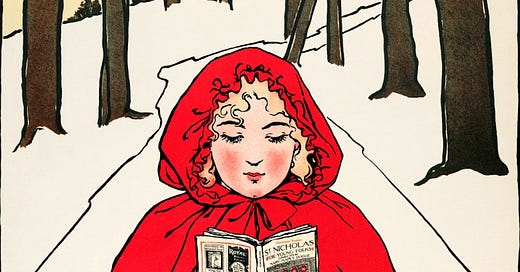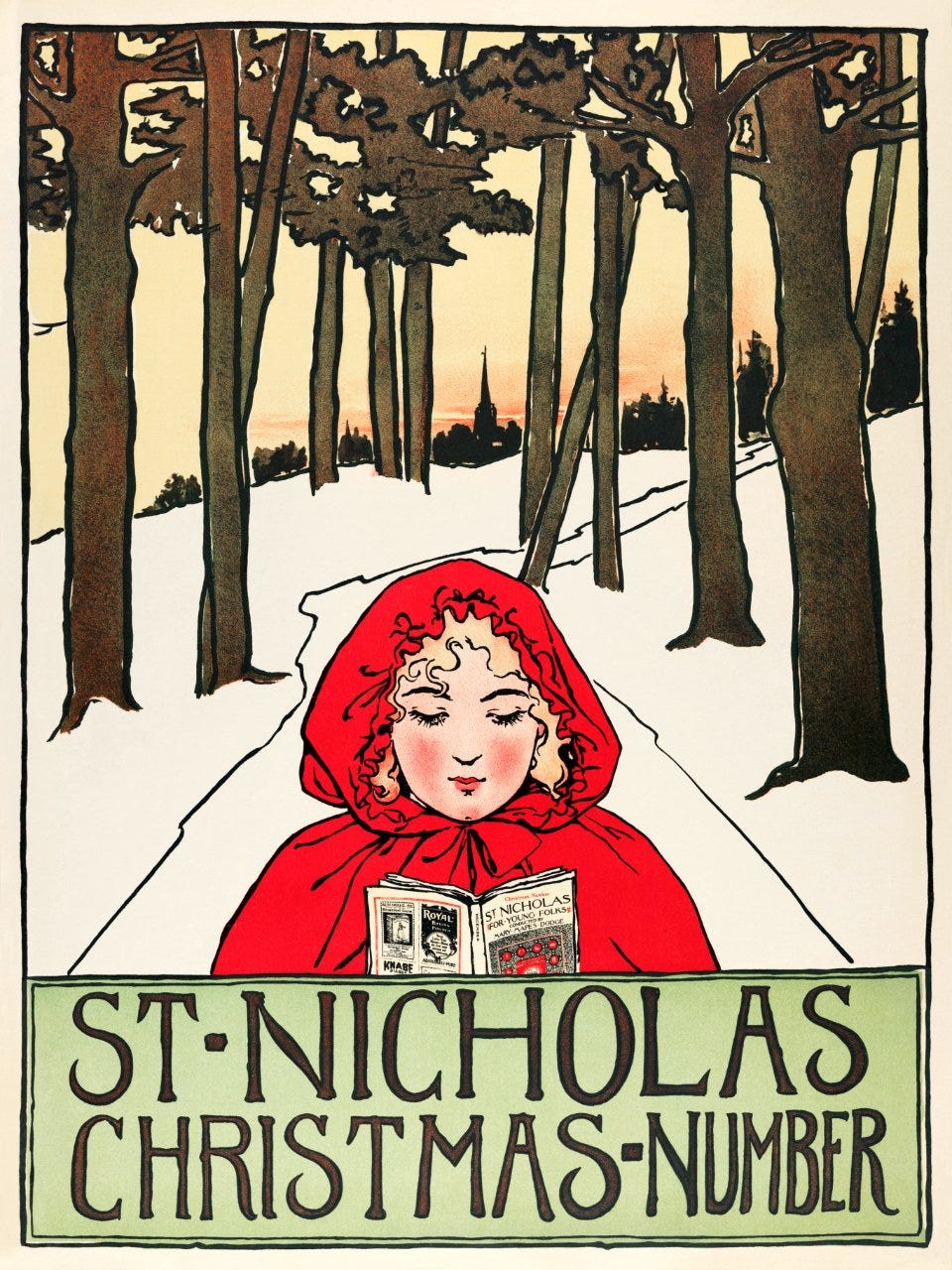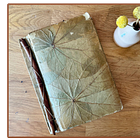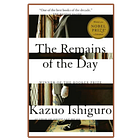The 24 most beautiful sentences I read in 2024
And by beautiful I mean lyrical, smart, honest, or gorgeously contradictory.
How often do you revisit the sentences you underline while reading?
In 2020 I wrote an essay about the 20 most beautiful sentences I’d read that year, and the experience of flipping through the books I’d read to find the passages that struck me was surprisingly cathartic. Every year after, even though it feels a little bit like work, I’ve done this roundup. I’ve learned that it’s one thing to experience beauty, but it’s something else entirely to experience it, reflect on it, then share that reflection.
I read a lot this year, and I also celebrated the first year of running a newsletter about books, so I found my fifth time doing my tradition to be more challenging than the rest, not just because I read so many lovely sentences but also because I’ve begun to apprehend words that move me in a new way.
Some, you’ll see, are not one sentence but two or three. Others are beautiful in ways you might not typically think of; maybe they’re beautiful in their honesty, maybe in their betrayal of meaning.
All of them are beautiful to me. Here are the 24 most beautiful sentences I read in 2024 and why I loved them:
“His face was beautiful in its contradictions.”
Blue Sisters by Coco Mellors
Why I love it: When you read fervently, it can be hard to choose a favorite. I’m not so bold as to say Blue Sisters was my absolute favorite book of the year, but I also wouldn’t challenge that statement. I absolutely adored this book. Mellors’s writing is sharp and punchy, full of metaphors I’d never think to put together. A face beautiful in its contradictions is, to me, a perfect description.
“I finally understand that mothers are makers of life, to be sure, but that in doing so, they are also makers of death. Not the possibility of death, but its guarantee.”
The Quickening: Creation and Community at the Ends of the Earth by Elizabeth Rush
Why I love it:
If you haven’t yet read The Quickening, please go read it now. Author Elizabeth Rush reports on climate change as she ventures to Antarctica to visit a diminishing glacier. At the same time, she writes of her desire to have a child and the conflicting knowledge she has about what bringing a human into the world does to our planet. She says to have a child is to create the guarantee of death. What a cunning consideration.
“I didn't think he was right, but I also had to be careful about how many times a day I told other people they were wrong.”
Self Care by
Why I love it: It’s self-aware and self-contained. On the one hand, I applaud someone for picking her battles. On the other hand, this is a woman and I want her to speak up, even if she’s been telling people they were wrong all day. There’s a lot of complexity in this short sentence.
“Our deepest memories are like infinite roots reflected in the brook, a simulacrum without end.”
Roman Stories by Jhumpa Lahiri
Why I love it: I deemed 2024 my Year of Jhumpa. I don’t think I have a favorite Lahiri book, but this one would be in my top three. Lahiri is a magician with words, and this sentence says so much more than what our deep memories are like; it portrays an entire universe from inception to life to death — in only 15 words.
“Some people were investment bankers, and other people were serial killers, and she, Julia, was alone.”
Same As It Ever Was by Claire Lombardo
Why I love it: I underlined so many sentences in this book. Most of them were beautiful in the way one might typically think of beauty, but I love this sentence because of its honesty. In Julia’s world, that’s all there was: investment bankers, serial killers, and Julia — alone. What better way is there to express loneliness? I love it.
“Anything can be a ritual, you just have to name it before it ends.”
All Fours by
Why I love it: I’ve never thought about rituals in this way but now I think about everything as a ritual so long as I name it. Even now, writing about a favorite sentence of mine from All Fours — it feels like a ritual, which very much romanticizes the process.
“A little bit after a long time of nothing can be easy to mistake for more than it is.”
Body Work by
Why I love it: Oh, the truth. Physical touch; a word from an estranged loved one — when there is absence, its sudden presence can disfigure its meaning.
“I don’t remember times or dates, I don’t know when I was born because I was born like the mountain was, go ask the mountain when it was born, but I know it was six at night when Guadalupe came to say they killed Paloma as she was getting ready to go out, I saw her there in her room, I saw her body on the floor and the shine for her eyes on her fingers and I saw her hands they were two in the mirror and the shine was on both like she had just put it on her eyes, like she could get up to put some on mine.”
Why I love it: This book is full of gorgeous prose like the rambling sentence above. I find beauty in its wandering; in the way the sentence was written just as the woman would have said it, not simplified or clarified for the purposes of the readers. That’s a smart move on the author’s part and I applaud it.
“I believe done is better than perfect. And there is even a kind of perfection to just being done in the first place. A perfection in completeness.”
1000 Words by
Why I love it: If you’re an artist of any type, you understand the weight this lifts off your shoulders. It’s like a permission slip to finish your work and move onto the next thing. Thank you, Jami!
“Addiction whirred through all of them like electricity through a circuit.”
Blue Sisters by Coco Mellors
Why I love it: Part of the reason I loved this book so much was its nuanced portrayal of addiction. I found this to be a cutting, honest way to speak to the way addiction runs through families.
“And then the nights came on and the frosts took hold again, and blades of cold slid under doors and cut the knees off those who still knelt to say the rosary.”
Small Things Like These by Claire Keegan
Why I love it: Of all these sentences, this might be the most lyrical. The imagery is visceral, even if exaggerated. I love everything Claire Keegan writes.
“Why do we love everyone so recklessly and then break our own hearts? And they don’t even break. They just swell, impossibly, with more love.”
Sandwich by Catherine Newman
Why I love it: Much of this book is about the pain that comes with having children. With a love so excruciating, the more painful it gets, the more the love grows. Another fascinating concept I’d not considered before and now wholly subscribe to.
“In this crazy, chaotic, divided world that was run by men, you could count on the women.”
The Women by Kristin Hannah
Why I love it: This one needs no explanation.
“Eloise seemed like a name for someone with warm hands. Big Swiss’s were ice-cold.”
Big Swiss by Jen Beagin
Why I love it: This is something I might think but never write, and I love that Jen Beagin did. It’s the type of contradiction I can’t get enough of.
This one requires some setup: A woman in her twenties smells a bottle of shampoo she remembers from her years in boarding school. She tells her friend it’s the best smelling shampoo in the world. Her friend nonchalantly tells her to buy it, so she does, and in reflection she says:
“Paying for it at the cash register, I had the same residually fraudulent sensation you experience the first time you buy alcohol after turning twenty-one.”
Prep by Curtis Sittenfeld
Why I love it: This was a library book so I memorized the page number (267 if you’re curious) and went back and read this passage a few times. It’s the cleverest construction of words, first because I’ve never seen the term “residually fraudulent” before, and second because of the sentiment it conjures. This is why Curtis Sittenfeld is Queen.
“Alice was impressed by the creativity of her mother’s criticisms, the poetry of language she used to describe all that she found lacking in the world around her.”
The God of the Woods by Liz Moore
Why I love it: Raise your hand if you don’t have someone in your life who finds all the ways to complain about something? But to think of the complaints as poetry of language is mind-expanding. The very statement is poetic to me.
“The woman who doesn’t have a child is looked at with the same aversion and reproach as a grown man who doesn’t have a job. Like she has something to apologize for. Like she’s not entitled to pride.”
Motherhood by Sheila Heti
Why I love it: Because it’s true and it absolutely should not be. It should be spoken of more.
“She was squeezing her hands together the way she did when she’d had too much coffee and no breakfast.”
Call Up the Waters by Amber Caron
Why I love it: This quote I love for its function. I can picture exactly what she’s trying to say. Furthermore, it’s relatable to exhibit anxious behaviors after too much coffee and no breakfast.
“I think we are well advised to keep on nodding terms with the people we used to be, whether we find them attractive company or not.”
Slouching Towards Bethlehem by Joan Didion
Why I love it: This is a case of the meaning being more beautiful than the words themselves. I find this idea fascinating, that we might keep on nodding terms with the people we used to be. What an incredible concept.
“Nothing is more alluring than a mother-before-she-was-a-mother, an unknowable and irresistible figure.”
Vladimir by Julia May Jonas
Why I love it: When a woman has children, she changes from one person into two: the person she was before having kids and the person she became after. Knowing the person before really is alluring.
“Language is the mirror, the principal metaphor. Because ultimately the meaning of a word, like that of a person, is boundless, ineffable.”
In Other Words (In Altre Parole) by Jhumpa Lahiri
Why I love it: This sentence is equal parts eloquence and significance. Language is Jhumpa Lahiri’s superpower.
“Perhaps, as was often the case with human interactions, it meant nothing.”
Romantic Comedy by Curtis Sittenfeld
Why I love it: The interactions we stew over, in the end, typically mean nothing. I think of this sentence often (or try to) when I’m anxious about something I said or did.
“At any given moment, you’ll be procrastinating on almost everything, and by the end of your life, you’ll have gotten around to doing virtually none of the things you theoretically could have done,”
Four Thousand Weeks: Time Management for Mortals by Oliver Burkeman
Why I love it: It’s depressing but it’s why we can’t waste our time doing shit our time is not worthy of. I want to spend my time reading beautiful books and highlighting beautiful sentences, and this book reminded me of why I do it.
“What can we ever gain in forever looking back and blaming ourselves if our lives have not turned out quite as we might have wished?”
The Remains of the Day by Kazuo Ishiguro
Why I love it: This comes near the end of the book, when the protagonist reflects on the life he’s lived and what remains of his time. Reflection is beneficial until it’s not; until it turns into rumination of what could have been.
If you want to read more beautiful sentences, here are my past roundups:
If you liked this post, you’ll love the 25 most iconic first sentences I’ve ever read.
Do you have beautiful sentences to share with me?
Love,
When you purchase books through my links, you support Words on Words (I get credits for more books) and an indie bookstore of your choice at no additional cost to you.











What a brilliant idea—thanks for sharing this! I screenshot my favourite lines and save them somewhere too—might borrow your idea next year. :) That line in Blue Sisters struck me too.
Thanks for sharing these! What a great idea to keep them in mind. I’m definitely inspired to save the lines I love from here on out as well!